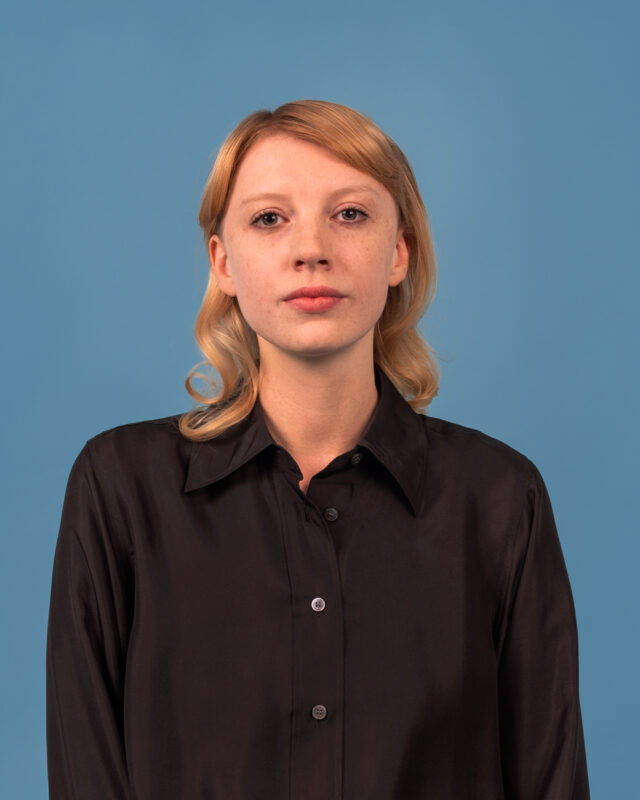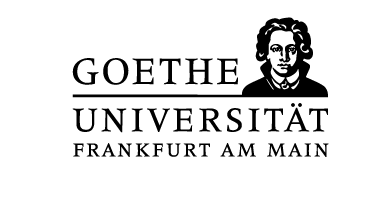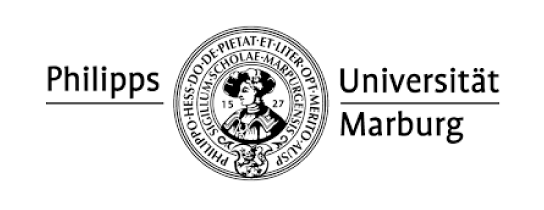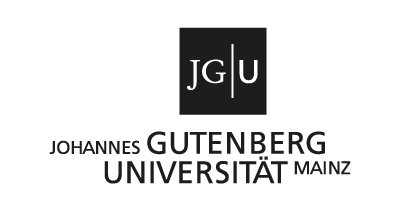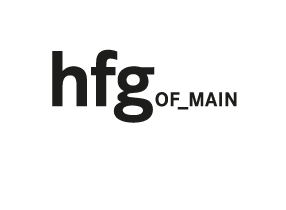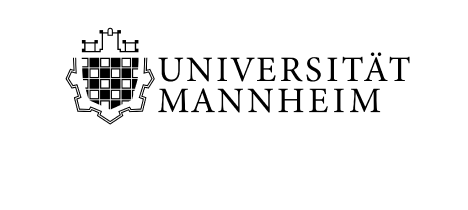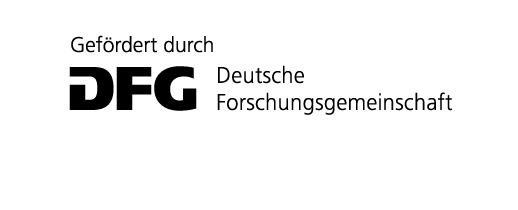Techno Transitions & New Media Curation: Expanded Audiovisual Composition in Remixed Movement
This dissertation traces paths present in techno-subcultural history by exploring the dynamics of abstract remixed video sets in the context of expanded media performances. It focuses on the multiplication and morphing boundaries of expanding media, considering audiovisual sets as sensory manifestations of collectivity. Consequently, delving into the expansion of movement, rhythmic intervals, altered states in techno-cultures, spatial dimensions of the real/virtual, collective moving bodies and audience participation in immersive audiovisual events. This media-historical lineage demonstrates a uniquely distinct departure from the more traditionally recognized ‘potentialized spaces’ (Deleuze, 1983) present in cinema’s history, to lesser explored notions of potentialized spatiality existing in expanded cinema (Youngblood, 1970) and psychedelic intermedia practices.
Employing archival research methods, the primary focus is on The Peter Rubin Collection (Eye Filmmuseum), which provides a historical lens for investigating the technical transition from experimental film to the electronic image remixed in synaesthetic music-event performances. The study delves into Rubin’s career as experimental filmmaker and Video Jockey (VJ) alongside his artistic philosophy of movement, shedding light on concepts such as expanded spatiality, rhythm, immersion, illusion, immediacy, and the socio-cultural and political dimensions of movement. Key themes include various interpretations of the “set” (the “set” as montage and splicing, as event, and as emerging collective consciousness or the scaffolding of mind-sets), theories of motion within dynamic social movements (dance, tribalism, subcultural and political), and the historical evolution of experimental moving imagery used in the relational ontologies of expanded live audiovisual performances (including psychedelic rock, early audiovisual discotheques, and rave or techno culture).
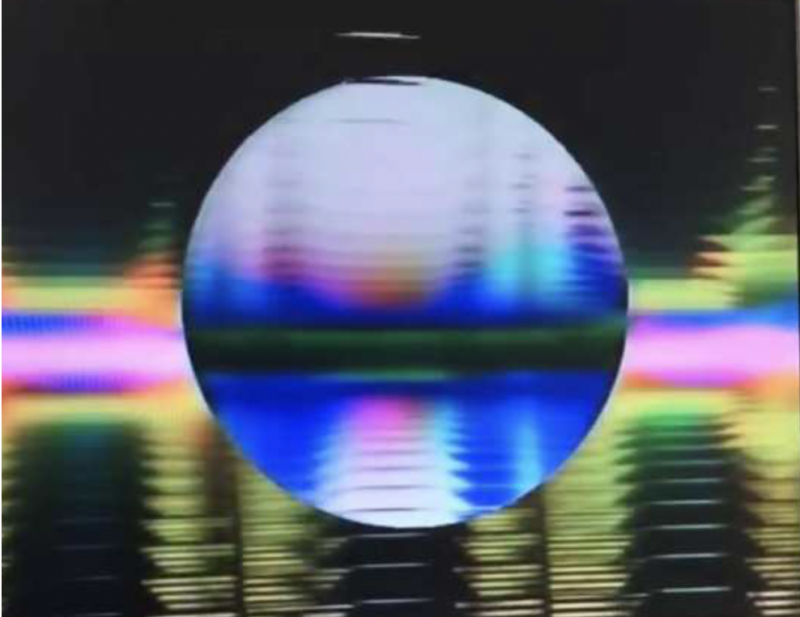
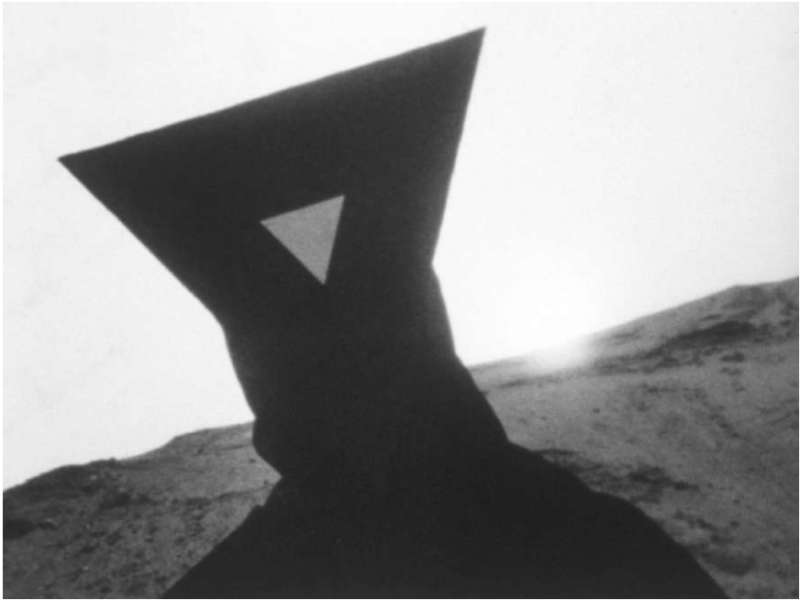
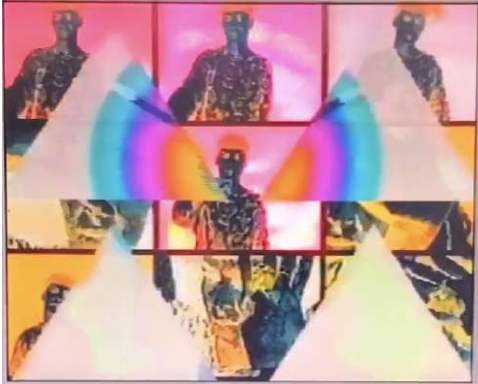
Literature:
[1] Deleuze, G. Cinema 1: The Movement-Image. 1983. Bloomsbury Revelations, 2020.
[2] Youngblood, G. Expanded Cinema. 1970. 50th Anniversary Edition: Fordham University Press, 2020
Profile
Megan Phipps obtained her B.A. in Liberal Arts & Sciences (Humanities) at Tilburg University and her rMA in New Media & Digital Culture at the University of Amsterdam. Prior to joining Configurations in Film, Megan was Lecturer in Media & Information at University of Amsterdam. Additionally, she has worked on collection acquisitions for CLARIAH Media Suite and as assistant coordinator for CREATE: An E-Humanities Perspective in Amsterdam. She has been published in journals such as Millennium Film Journal and PULSE: The Journal of Science and Culture. Megan continues doing archival research for her doctorate at various cultural institutions and as Guest Curatorial Researcher at the Eye Filmmuseum Collection Center (Amsterdam).
